The coronavirus pandemic has fostered “a greater sense of connection”, spurring millions to volunteer to help others in their communities, research suggests.
An ICM poll found that almost three times as many people said Covid had made their community more united (41%) than said it had become more divided (13%).
When extrapolated to the entire UK population, the results of the nationally representative survey of 2,373 UK adults suggest 12.4 million adults volunteered during the pandemic. Out of these, 4.6 million were first-time volunteers, of which 3.8 million people were interested in volunteering again.
graphic 1
The polling was carried out for Together, a coalition that brings together different groups to foster a more connected society. It said the results were heartening given the rift caused by Brexit.
graphic 2
Bishop Nick Baines, the chair of /Together trustees, said: “Despite the immense challenges of this pandemic, people have responded by pulling together, not apart. That is quite remarkable, given how divided our society looked as Britain entered 2020.
“Faced with this adversity, we could have become more divided and looked for others to blame. Yet this new research finds that people feel a stronger sense of connection to their neighbours and community.”
The “Our chance to reconnect” report, published on Sunday, is based on responses from almost 160,000 individuals, including five national polls, an online survey with nearly 80,000 participants and in-depth discussion groups, between March last year and January this year.
It says the pandemic highlighted our common humanity, as people got to know their neighbourhoods better, looked out for isolated and vulnerable members of society and the relief effort crossed social divides.
ICM’s December poll found that 50% of the population believe the response to the pandemic shows we are more united than divided – although this was down from 60% in May – compared with 27% who disagreed.
Volunteer lockdown army helps to make Britain brighter
Read more
Almost three-quarters of respondents (73%) said they would like our society to be closer and more connected in the future. However, many were sceptical whether this will happen, expecting things to go back to how they were before the pandemic.
The report says society is at a crossroads, warning that while communities have come together, the pandemic has also exposed economic inequalities, geographic divides and the greater impact of the virus on certain groups including ethnic minorities and people with disabilities.
But it does express hope that the divisions caused by Brexit are dissipating, citing another ICM poll, in January, which found only a quarter of the public now say that their main political identity is as a “leaver” (12%) or a “remainer” (13%).
It urges society to use “the newfound community spirit of 2020 to build a society that is confident and successful, as well as kind, connected and fair”.
Jill Rutter of the thinktank British Future, which coordinated the project for /Together, said: “We’ve listened to the fears and frustrations that people felt during this extraordinary period. But we also heard how people reached out to neighbours and to strangers, feeling a greater sense of connection to each other, particularly at local level.
“This is something that we can build on if we choose to. But it will take work to prevent new divisions, whether by wealth or geography, politics, age or identity, from undermining people’s hopes for a more connected society.”

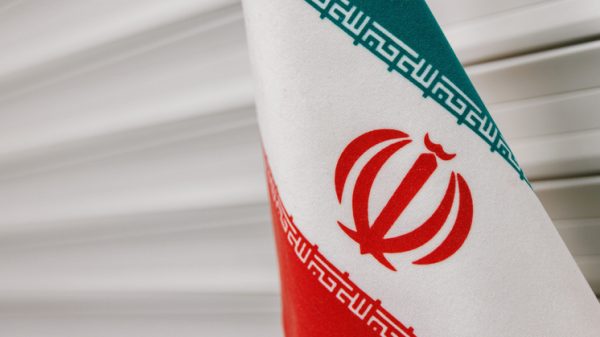

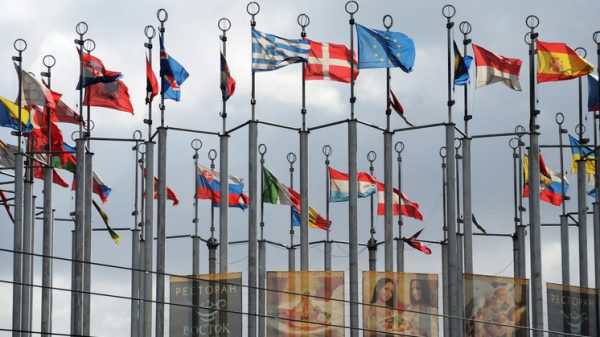








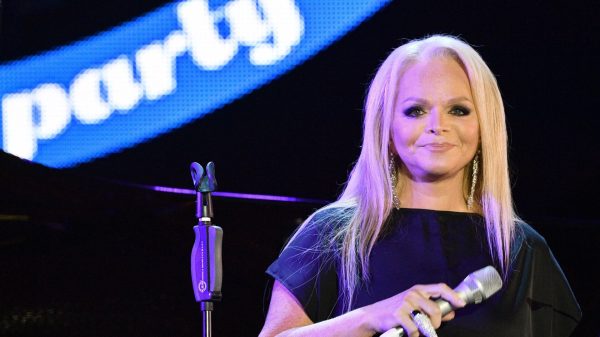
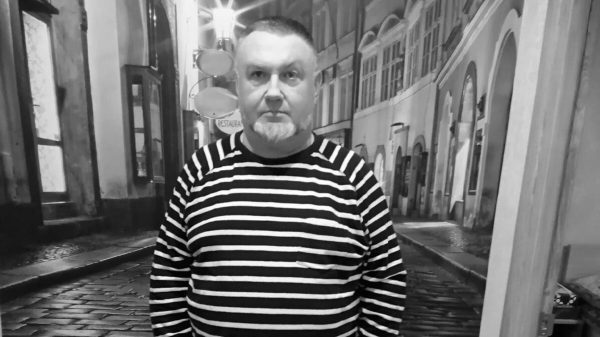































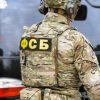









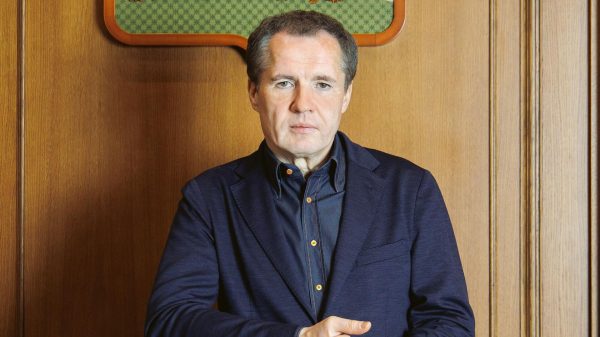
Свежие комментарии